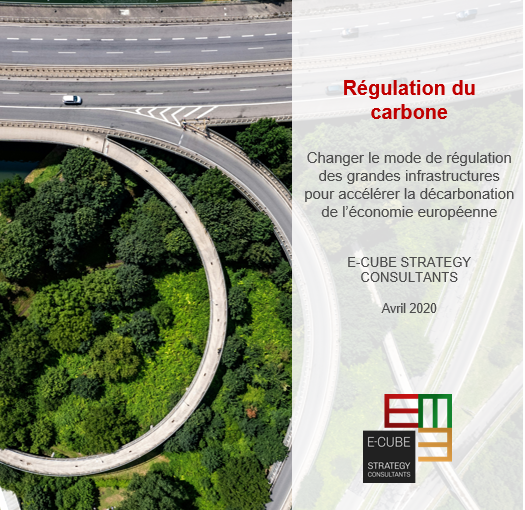How Does the Energy Transition Impact the Competitiveness of Countries in Electric Supply? What Are the Consequences for Industrial Activities?
The energy transition is altering the energy competitiveness of countries with respect to industrial activities. Historically, competitive countries have benefited from relatively low-cost energy sources such as nuclear power, coal, and hydropower. In the future, competitiveness will depend heavily on the cost of renewable energy generation, the grid, and flexibility.
Countries like Sweden and Finland have historically benefited from a competitive electrical system with low-cost renewable generation sources. Looking ahead, they are likely to be joined by countries with low solar and wind generation costs, such as Spain, Italy, and Texas. On the other hand, countries with high generation costs, such as France and Germany, may be disadvantaged by these changes.
Beyond generation costs, flexibility and improvements to local grids are crucial to ensuring a reliable, stable, and thus competitive electricity supply for industries. Capacity margins and electricity quality are key criteria for industrial players.
European countries committed to industrial development must address these challenges if they want to remain competitive for industries.
If you are interested in learning more about electricity costs in the context of the energy transition, refer to the white paper below, and feel free to contact us for further information.











